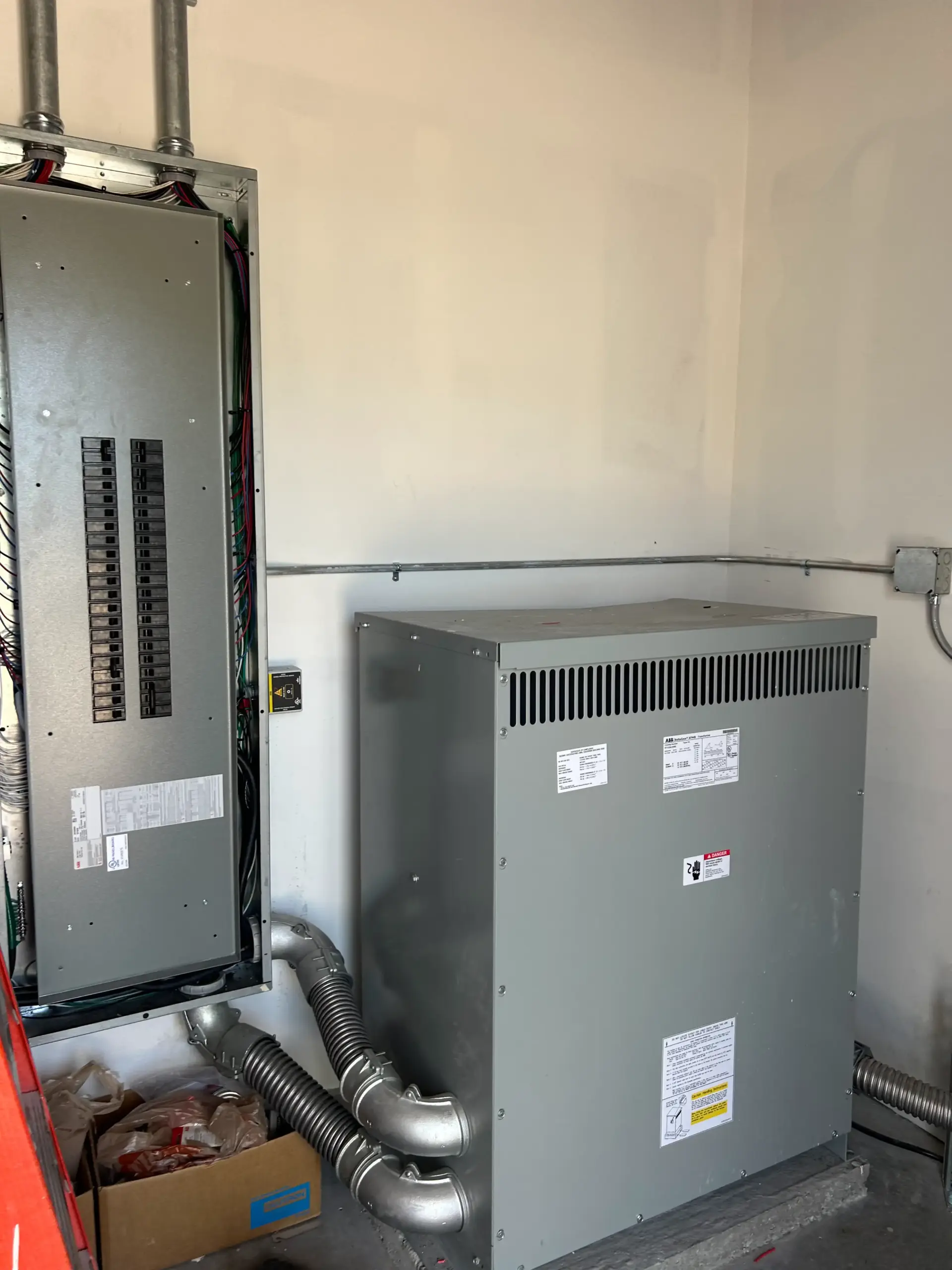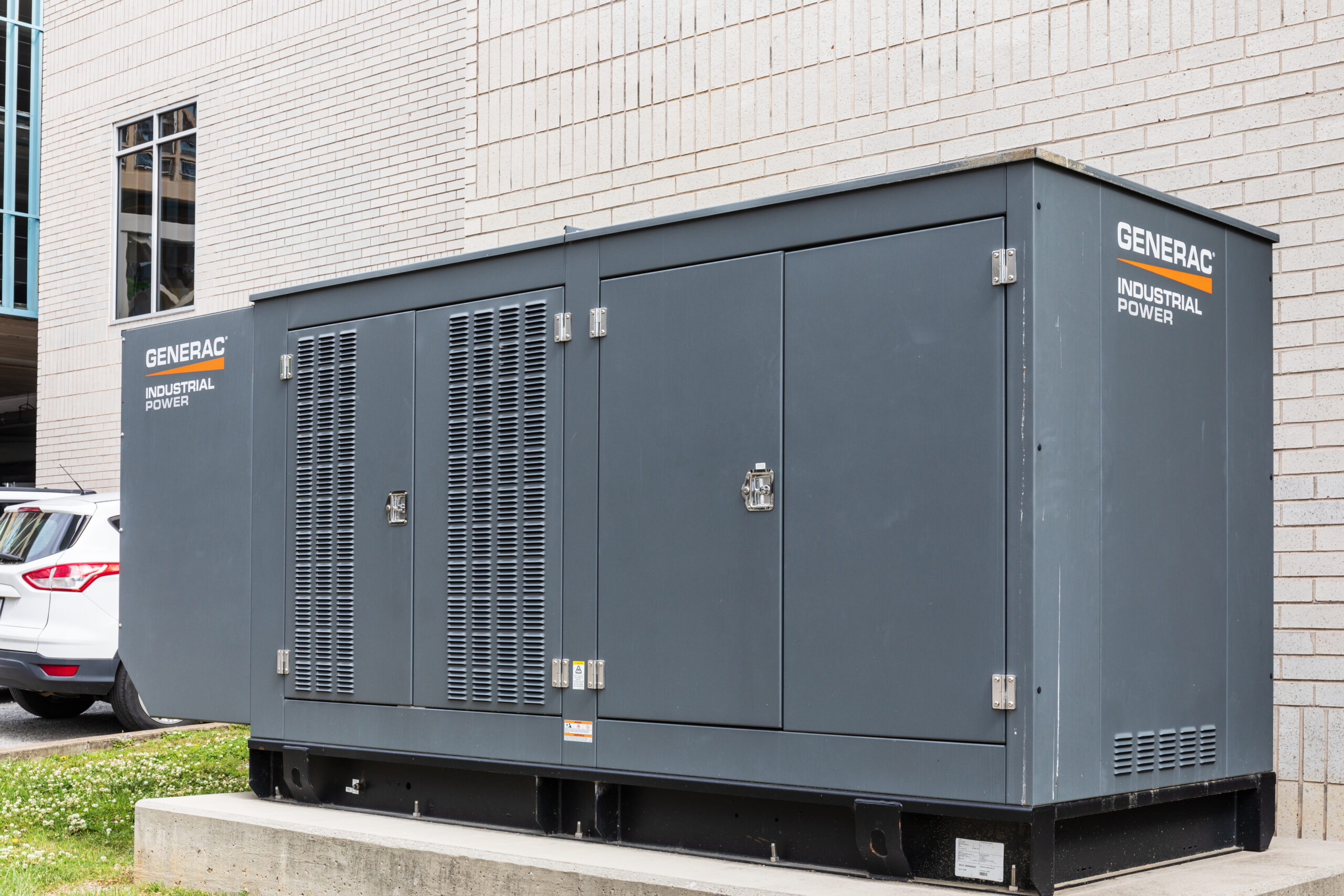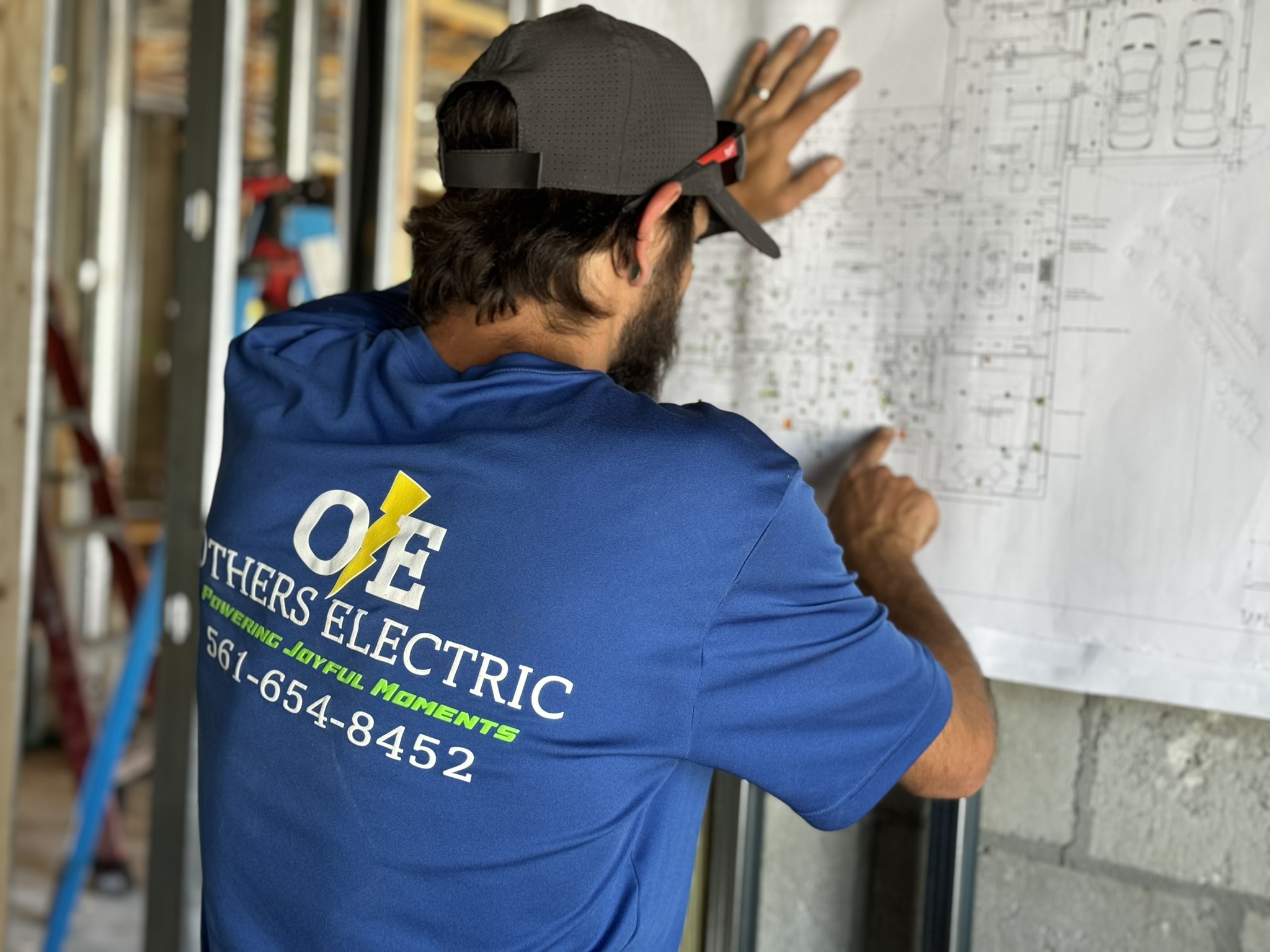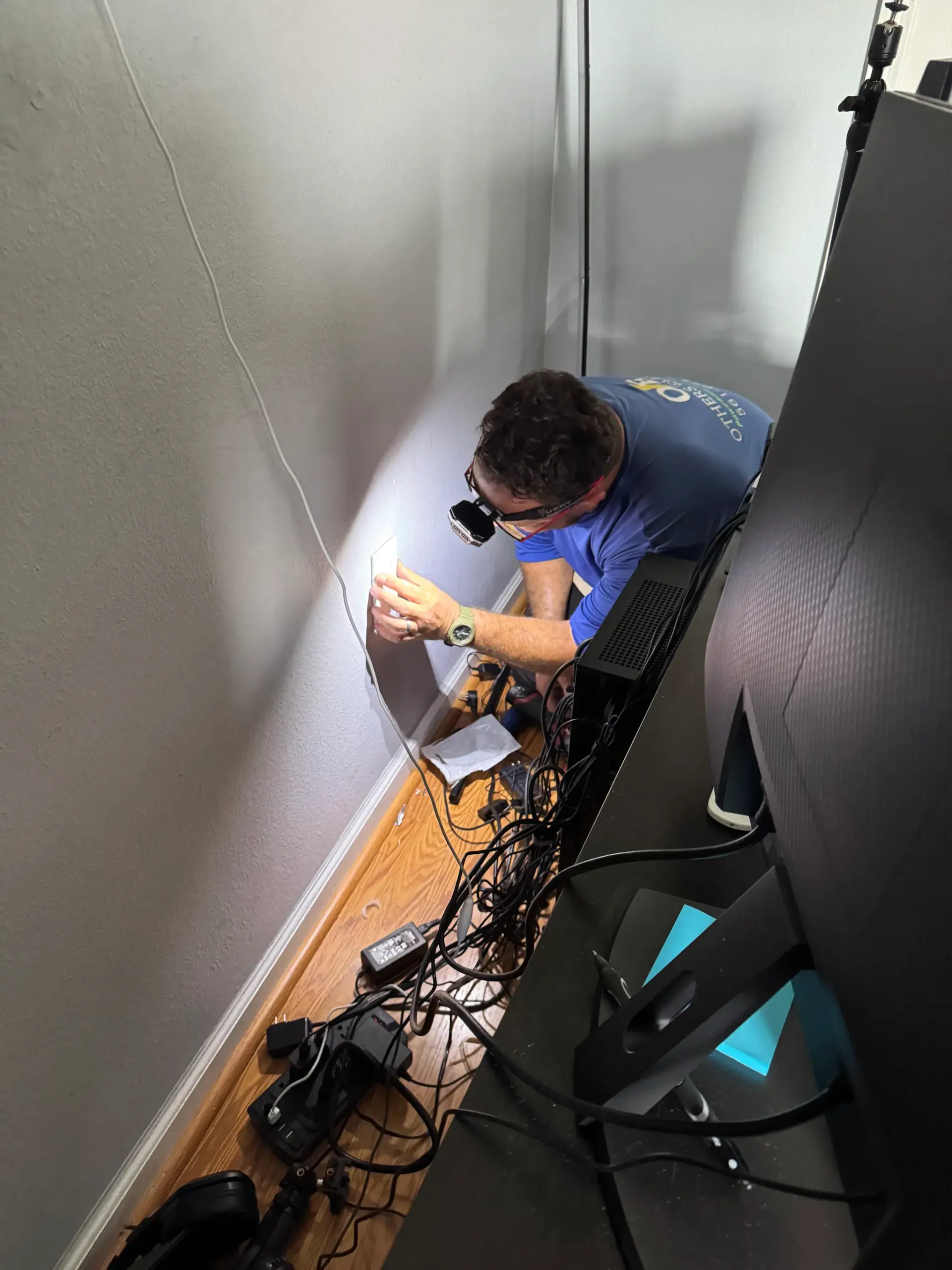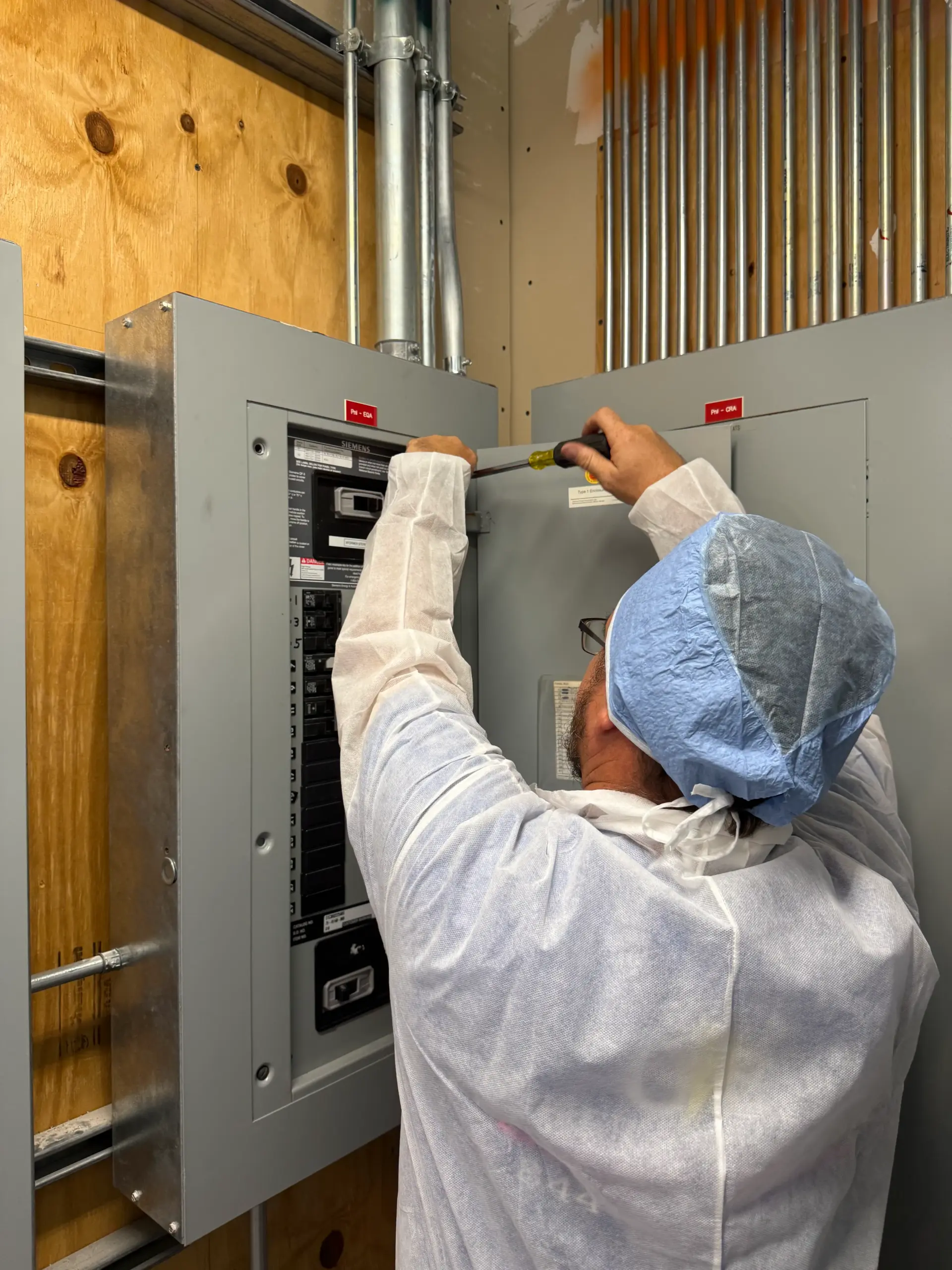As electric vehicles (EVs) become increasingly popular, many homeowners are considering whether to install an EV charger at home. While public charging networks continue to expand, the convenience and long-term benefits of having a dedicated charging station at home often make it a worthwhile investment. But is it truly worth it? To answer this question, it’s essential to weigh the advantages, costs, and considerations involved in installing a home EV charger.
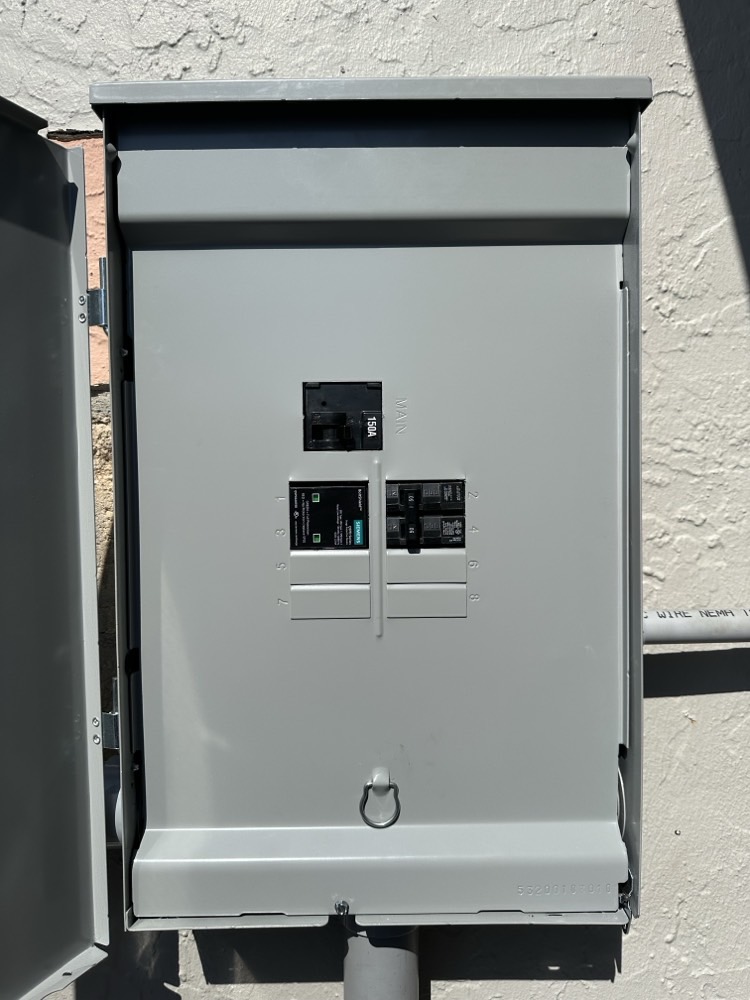
The Convenience of Charging at Home
One of the most compelling reasons to install an EV charger at home is the unparalleled convenience it provides. Charging at home eliminates the need to visit public charging stations, which can sometimes be far from your location or require waiting in line. With a home charger, you simply plug in your vehicle overnight, ensuring it’s fully charged and ready to go by morning.
This convenience is particularly beneficial for those with busy schedules or long commutes. Instead of allocating time to find and use public chargers, you can rely on the seamless experience of home charging. Additionally, the peace of mind that comes with knowing your EV will always have sufficient range is invaluable.
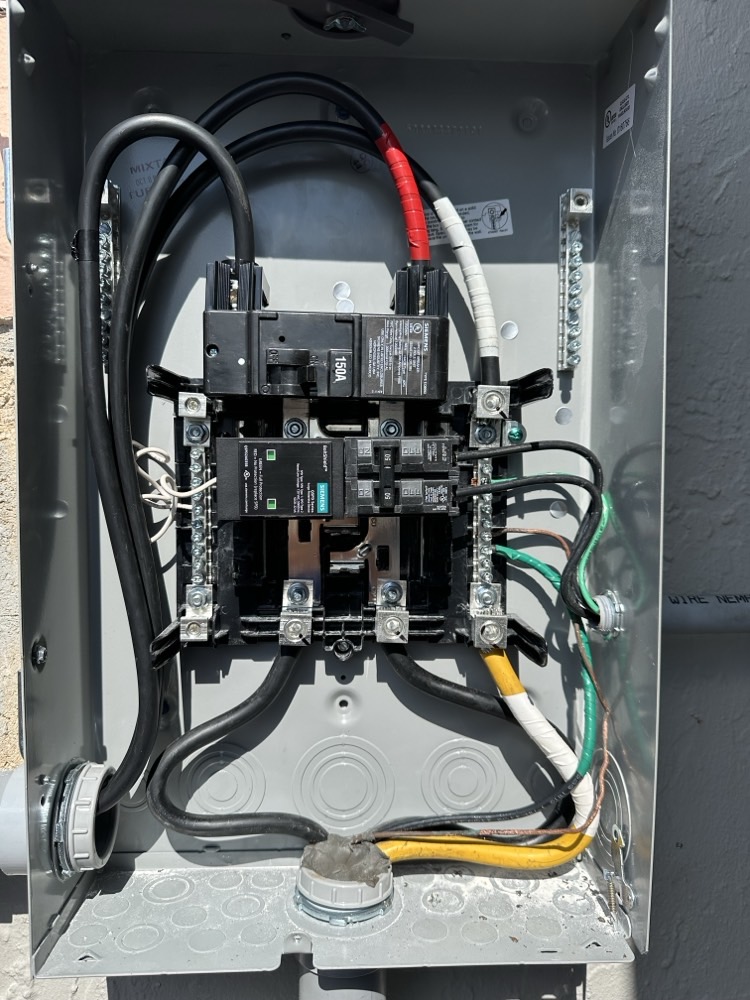
Faster Charging Times Compared to Standard Outlets
While EVs can be charged using a standard 120-volt outlet (Level 1 charging), this method is slow and may not be practical for many drivers. Level 1 chargers can take up to 20 hours or more to fully charge an EV, depending on the battery size.
Installing a Level 2 home charger, which uses a 240-volt outlet, significantly reduces charging times. Most Level 2 chargers can fully charge an EV in 4 to 8 hours, making it easy to top up your vehicle overnight or during the day. This faster charging capability ensures that your EV is ready whenever you need it, even on short notice.
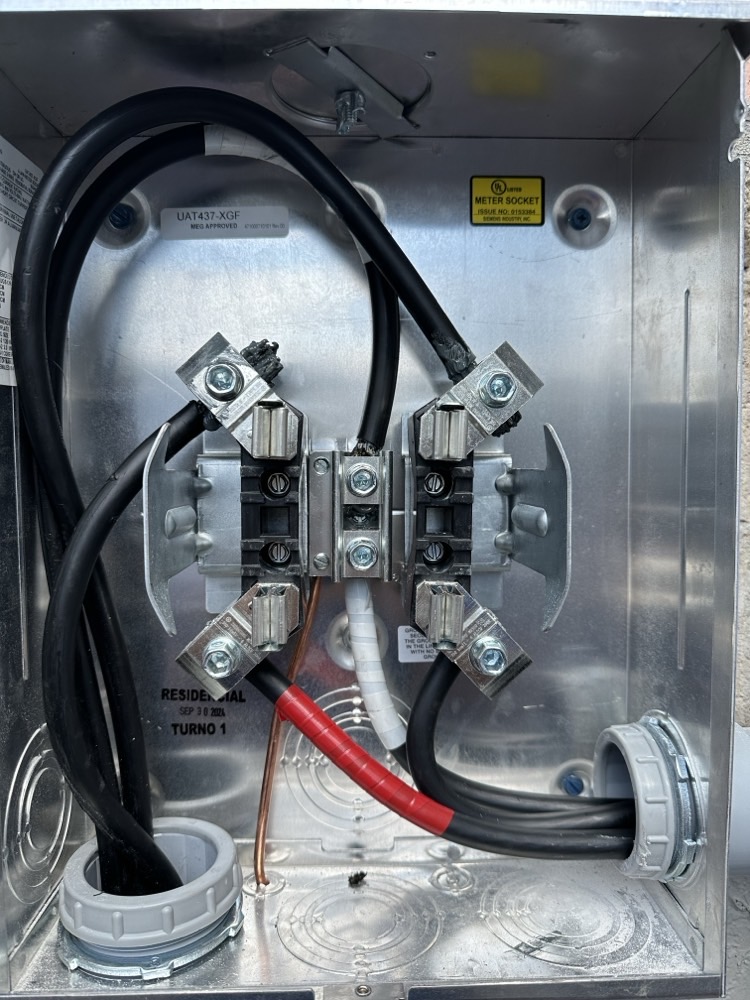
Cost Savings Over Time
While the initial cost of installing a home EV charger may seem high, it can lead to substantial savings over time. Public charging stations often charge higher rates per kilowatt-hour (kWh) compared to residential electricity rates. By charging at home, you can take advantage of lower utility costs and even off-peak electricity rates if your provider offers them.
Moreover, some states and utilities provide rebates or incentives for installing home EV chargers, further reducing the upfront cost. Federal tax credits may also be available, making the investment more affordable. Over the lifespan of your EV, these savings can add up significantly.

Increased Home Value
Installing a home EV charger can also increase the value of your property. As EVs become more mainstream, having a dedicated charging station at home is becoming an attractive feature for potential buyers. This is particularly true in regions where EV adoption rates are high.
Homes equipped with EV chargers are seen as more future-proof, catering to the needs of environmentally conscious buyers. If you plan to sell your home in the future, the presence of an EV charger can make your property stand out in a competitive market.

Environmental Benefits
Charging your EV at home can also contribute to reducing your carbon footprint. By using renewable energy sources such as solar panels, you can power your vehicle with clean energy, minimizing greenhouse gas emissions. Even without solar panels, home charging often results in a smaller environmental impact compared to relying solely on public chargers, particularly if your local grid incorporates renewable energy.
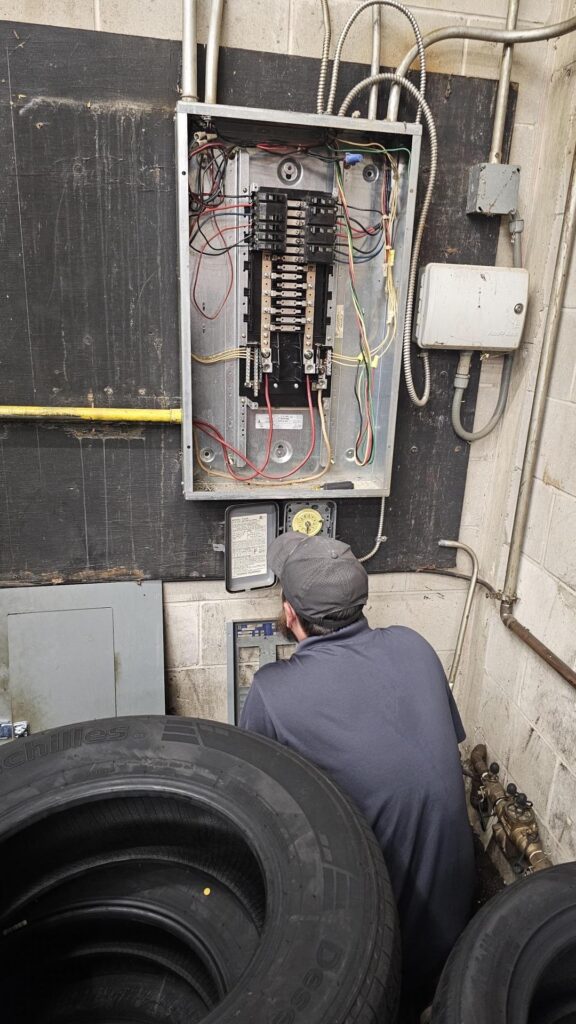
Installation Costs and Considerations
Despite its advantages, installing a home EV charger requires careful planning and investment. The total cost of installation can vary depending on several factors, including:
- Electrical Panel Capacity: Your home’s electrical panel must have sufficient capacity to handle the additional load of a Level 2 charger. If your panel needs an upgrade, this can increase installation costs.
- Distance to the Charging Location: The further the charging station is from your electrical panel, the more expensive the installation may be due to additional wiring and labor.
- Permitting and Inspections: Local building codes often require permits and inspections for electrical work, adding to the overall cost.
On average, the cost of a Level 2 charger and installation ranges from $500 to $2,000 or more, depending on these variables. However, the long-term benefits often outweigh the initial expense.
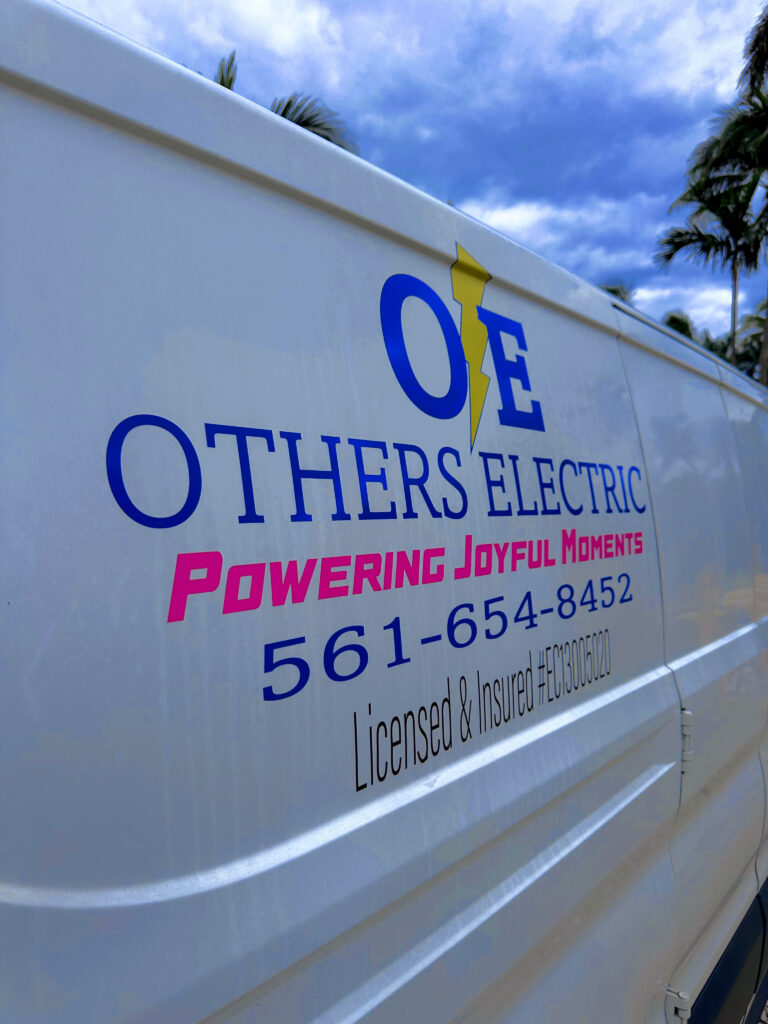
Flexibility for Multi-Vehicle Households
For households with multiple EVs, a home charging station offers even greater value. Many Level 2 chargers are designed to accommodate multiple vehicles, either by alternating power between them or allowing simultaneous charging. This flexibility ensures that all vehicles in the household remain charged without requiring additional trips to public stations.
The Role of Public Charging Infrastructure
Some may argue that the growing availability of public charging stations diminishes the need for a home EV charger. While public chargers are essential for long trips and addressing range anxiety, they cannot match the convenience and cost-effectiveness of home charging for daily use.
Public charging stations are also subject to availability and can sometimes be out of service or overcrowded. By installing a home charger, you gain control over your charging schedule and avoid the unpredictability of public infrastructure.

Future-Proofing Your Investment
As EV technology continues to evolve, home charging stations are also becoming smarter and more versatile. Many modern chargers come equipped with Wi-Fi connectivity, allowing you to monitor and manage charging remotely through a smartphone app. These features enable you to schedule charging during off-peak hours, track energy usage, and even integrate with smart home systems.
By investing in a high-quality home charger now, you can future-proof your setup to accommodate advancements in EV technology, ensuring it remains relevant for years to come.
Potential Drawbacks to Consider
While the benefits of a home EV charger are significant, there are some potential drawbacks to consider. The initial cost of installation can be a barrier for some homeowners, particularly if electrical upgrades are needed. Additionally, renters or those living in apartments may face challenges obtaining permission to install a charger or finding a suitable location for it.
Another consideration is the environmental impact of your local electricity grid. If your grid relies heavily on fossil fuels, the environmental benefits of home charging may be less pronounced. However, as renewable energy continues to expand, this concern is likely to diminish over time.

Making the Decision
Deciding whether to install a home EV charger ultimately depends on your driving habits, budget, and long-term goals. If you primarily use your EV for daily commutes and have access to a dedicated parking space, a home charger is likely a worthwhile investment. On the other hand, if you rely heavily on public charging stations or have limited access to at-home charging, the decision may require more careful consideration.

Conclusion – Is It Worth Installing an EV Charger At Home
For most EV owners, installing a home charging station is a practical and cost-effective way to enhance the convenience and efficiency of owning an electric vehicle. While the upfront costs can be significant, the long-term savings, increased property value, and environmental benefits often make it a sound investment.
Others Electric specializes in professional EV charger installations, ensuring a seamless and reliable setup tailored to your needs. With the right planning and expertise, a home EV charger can transform your EV ownership experience, making it more convenient, sustainable, and future-ready.


